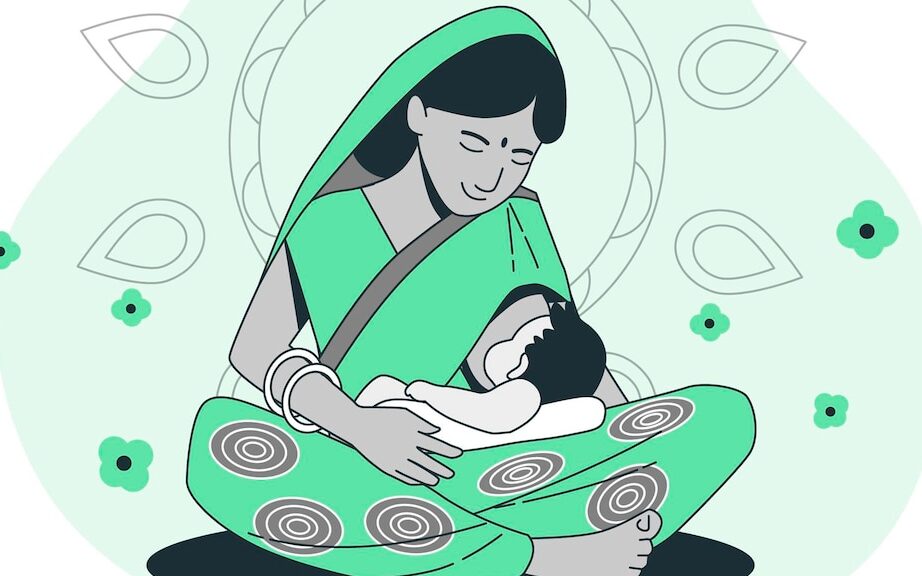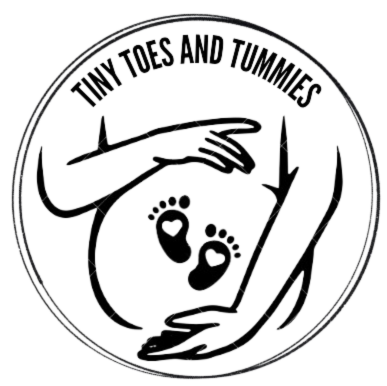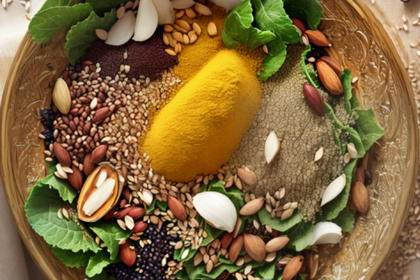After the joyous event of childbirth, new parents often wonder what to expect in the postpartum period. This transformative time brings unique experiences and challenges for both the mother and the baby. Understanding what to anticipate after birth can help parents navigate this phase with confidence and preparedness. In this article, we will explore various aspects of what to expect after birth, from physical recovery to emotional adjustments and cultural considerations.
Physical Recovery and Healing
Healing of the Birth Canal and Perineum
One of the key aspects to expect after birth is the healing of the birth canal and perineum. The process of childbirth may result in stretching or tearing, requiring time for recovery. It is common to experience soreness, swelling, and discomfort in these areas. Proper hygiene, rest, and following the advice of healthcare providers can aid in the healing process.
Postpartum Bleeding and Lochia
Postpartum bleeding, known as lochia, is another important aspect to be aware of. This discharge is a normal part of the healing process as the uterus sheds its lining. It is essential to manage hygiene during this period, using appropriate sanitary products and regularly changing them. Healthcare providers can guide new mothers on what to expect and when to seek medical attention.
Emotional Well-being and Adjustments
Emotional Changes and Baby Blues
The postpartum period is a time of emotional adjustment for new mothers. Hormonal changes, sleep deprivation, and the responsibility of caring for a newborn can contribute to mood swings and feelings of sadness or anxiety. It is important for new mothers to have a support system in place, which may include family members, friends, or support groups. Cultural practices and traditions surrounding childbirth also play a significant role in emotional well-being.
Bonding with the Baby
Bonding with the baby is a significant aspect of the postpartum period. Breastfeeding, skin-to-skin contact, and spending quality time with the newborn are common practices that promote bonding. Family involvement and support, especially from the maternal grandmother, are often encouraged. Bonding with the baby is seen as a collective responsibility of the entire family.
Cultural Considerations and Practices
Postpartum Diet and Nutrition
Specific dietary practices and restrictions are followed during the postpartum period. Traditional Indian postpartum diets focus on nutrient-rich foods that aid in recovery and milk production. Special attention is given to warming foods like ghee, fenugreek, and traditional herbs to support the mother’s well-being. The influence of cultural beliefs and practices varies across different regions of India.
Rituals and Celebrations
Postpartum rituals and celebrations hold significant cultural importance in India. Various ceremonies, such as the naming ceremony (naming the newborn), cradle ceremony, and first feeding ceremony, are observed. These rituals not only celebrate the arrival of the baby but also provide an opportunity for family and friends to bless the child and offer support to the new parents.
Postpartum Support Systems and Healthcare Services
Community Support and Family Involvement
Community support and family involvement are integral to the postpartum period. Extended family members, especially the mother’s parents, often play an active role in providing support and guidance. This support network assists with household chores, baby care, and emotional support for the new mother.
Access to Healthcare Services
The healthcare system offers a range of postpartum healthcare services. Regular check-ups with healthcare providers, including obstetricians and pediatricians, are essential for monitoring the well-being of the mother and the baby. These visits allow for necessary vaccinations, growth assessments, and addressing any concerns that may arise.
Breastfeeding and Lactation Support
Establishing a Breastfeeding Routine
Breastfeeding is highly encouraged, as it is considered the best nutrition for the baby. New mothers may face challenges initially, such as latching difficulties or low milk supply. It is important to seek guidance from lactation consultants or healthcare providers who can provide tips and techniques to establish a successful breastfeeding routine.

Milk Supply and Breast Care
Maintaining a healthy milk supply and taking care of breast health are vital aspects of the postpartum period. Indian mothers often rely on traditional practices like consuming lactogenic foods, herbal teas, and massages to promote milk production. Proper breast hygiene, including keeping the nipples clean and dry, can prevent issues such as cracked or sore nipples.
Postpartum Exercises and Fitness
Postpartum Recovery Exercises
Engaging in gentle postpartum exercises can help Indian mothers regain their strength and overall fitness. Postnatal yoga, pelvic floor exercises, and walking are commonly recommended activities. It is essential to consult with healthcare providers before starting any exercise routine to ensure it is safe and appropriate for individual circumstances.
Traditional Postpartum Therapies
Practices like postnatal massages, herbal baths, and abdominal binding are believed to aid in recovery, reduce muscle tension, and restore the body’s balance. These traditional therapies offer relaxation and rejuvenation to new mothers.
Sleep Deprivation and Rest
The demands of caring for a newborn can result in sleep deprivation for new parents. Understanding sleep patterns and implementing strategies for better sleep hygiene can be beneficial. Co-sleeping, with proper precautions, is a common practice, allowing mothers to breastfeed and soothe their babies during the night while maximizing rest.
Postpartum Mental Health
Recognising Postpartum Depression
Postpartum depression is a prevalent concern, and it is important to be aware of the signs and symptoms. Persistent feelings of sadness, anxiety, lack of interest in daily activities, and changes in appetite or sleep patterns should not be ignored. Seeking professional help from mental health experts is crucial in managing postpartum depression effectively.

Seeking Emotional Support
Open discussions about mental health are gradually becoming more accepted in society. It is important for new mothers to reach out for emotional support when needed. Support groups, counseling services, and online communities provide platforms for sharing experiences, seeking advice, and finding reassurance during this transformative period.
Balancing Parenting and Self-care
Parents often face the challenge of balancing their roles as caregivers and their own self-care. It is essential to carve out time for personal well-being, pursuing hobbies, and maintaining social connections. Engaging family members and friends for support can allow parents to take occasional breaks and recharge.

The postpartum period brings a mix of physical, emotional, and cultural experiences. Understanding what to expect after birth and embracing the available support systems can help new parents navigate this phase successfully. By focusing on physical recovery, seeking emotional support, honoring cultural practices, and finding a balance between parenting and self-care, parents can embark on this journey with confidence, love, and resilience.





